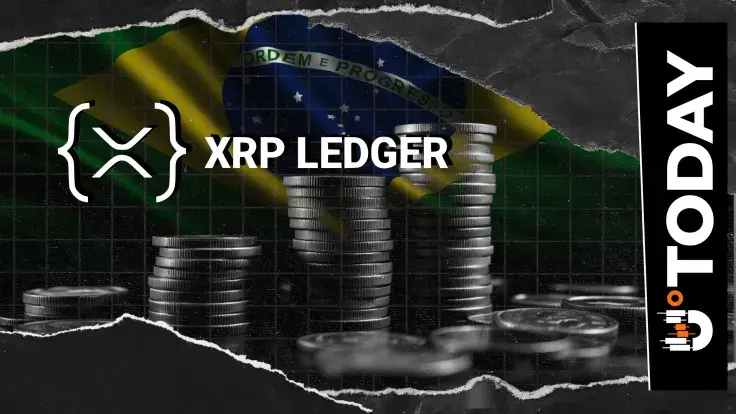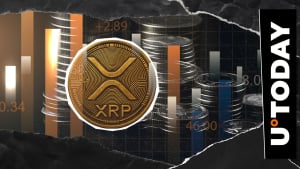Ripple and XRP Ledger (XRPL) are adding another regulated use case to their achievements — this time in Brazil’s structured credit market.
As became known, São Paulo-based VERT Capital has completed its second tokenized issuance using XRPL and its EVM Sidechain, bringing more than $40 million in pension-backed receivables on-chain.
What this transaction does is expand XRP presence in Latin America, following its use in cross-border payment corridors between Brazil and Portugal earlier this year.
Ripple's building arm, RippleX, has been positioning XRPL as infrastructure not only for payments but also for tokenized assets, all in accordance with the latest trend on the market, with its intentions ranging from stablecoins and real estate in Dubai to money-market funds in the U.S. through RLUSD integration with BlackRock and VanEck.
Speaking of Brazil, the instrument there is an FIDC — a regulated investment fund that securitizes receivables. The scheme is simple as this issuance is backed by obligations tied to the country’s federal pension system (INSS), considered one of the lowest-risk receivable pools available.
VERT and fintech partner BYX report that the fund currently holds the equivalent of $40 million in assets and could expand another 500% to as much as one billion BRL or $190 million if institutional demand delivers.
Not just tokenization deal
More importantly, though, the partnership also introduced VERT Sign, a blockchain-based signing tool on the XRPL EVM Sidechain. It enables automated, recurring purchases of receivables with full compliance oversight, recording documentation and settlement directly on-chain.
Ripple says Brazil is part of a broader strategy to demonstrate that XRPL can meet regulatory requirements for tokenization. The company and VERT are both involved in the CVM’s LEAP program, a regulatory sandbox designed by Brazil’s securities commission to test blockchain infrastructure on supervised markets.




 Dan Burgin
Dan Burgin Vladislav Sopov
Vladislav Sopov